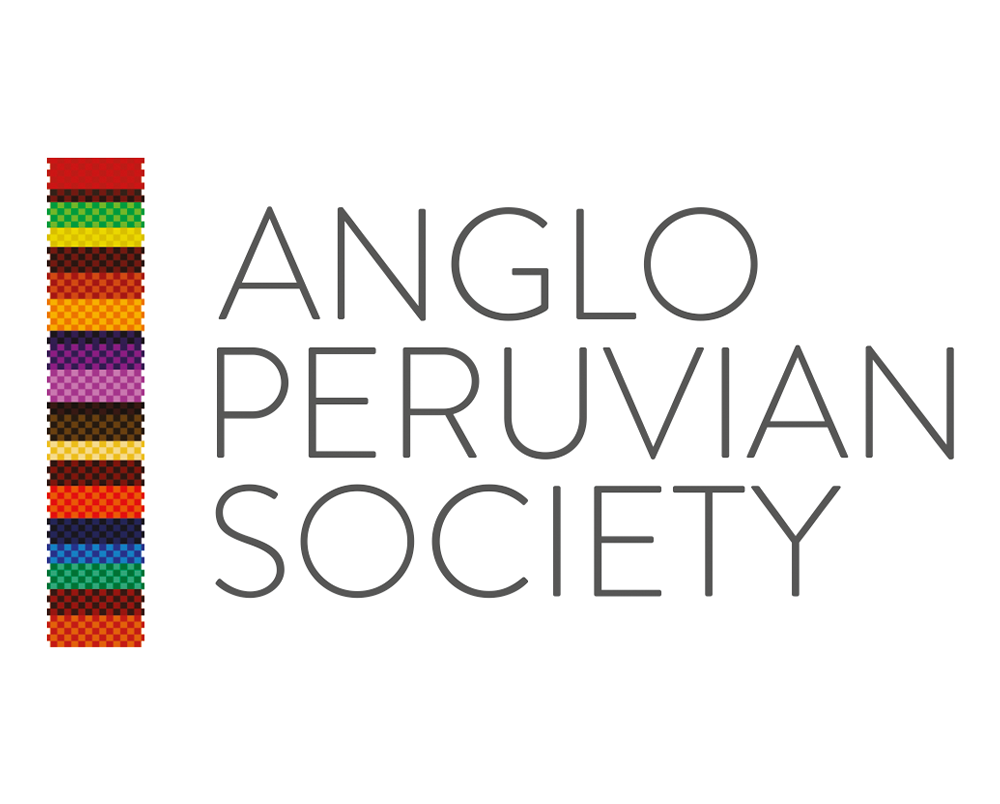History of the Anglo Peruvian Society
By Dr John Hemming
Foundation
The Society was founded in 1961, by the previous British Ambassador to Peru, Sir William Montagu-Pollock, and others. The Ambassador at that time, Sir Berkeley Gage, was active in the early years and chairman after 1969, as was former ambassador Sir David Muirhead.
The Society’s objectives are to inform the people of the UK about Peru, and to alleviate poverty and sickness in that country. It achieves these aims by organising lectures and similar events, fund-raising activities, and support for scientific and cultural endeavours.
The Ambassador of Peru in London is Honorary President, and former British Ambassadors to Lima are Honorary Vice-Presidents.
Events
The Society has always organised a programme of lectures in London by a stream of experts. The Anglo-Peruvian Society has been described as the most vigorous of all the British/South American friendship societies. Lectures used to be held in Canning House in Belgrave Square, but are now generally in the Peruvian embassy on Sloane Street, or by Zoom. They are followed by a wine-and-canapés reception.
This lecture activity is possible because Peru has so much to offer. It has by far the richest archaeology in South America, and the finest baroque art and architecture because it was the colonial Viceroyalty. Its four geographical realms - Andean mountains, Amazonian forests, coastal deserts, and the Pacific Ocean – have some of the greatest natural diversity on earth. Peru also has an interesting history, and fascinating art, architecture, music, literature, cuisine, indigenous peoples, and folklore.
There is an annual Christmas party in the Peruvian Embassy residence, and there have been cheerful dinner-dances, luncheons of Peruvian cooking, evenings of perudo and bridge games, excursions and other activities.
Notable occasions include a lunch for the then Foreign Secretary in 1963, and the celebration in 1992 of 25 years of Dr Ann Kendall’s Cusichaca Project, that excavated and restored Inca archaeology throughout Peru. This was attended by HRH The Princess Royal.
Charitable work
Every year, the Society supports a wide range of good causes in Peru. There is always local follow-up to ensure that each recipient charity deserves this support and makes good use of donations. These many charities are listed in each year’s Annual Report.
Support has also been given to almost every scientific research expedition from the UK to study Peru’s amazing biodiversity and environment, to explore, or climb its mountains. Grants are also occasionally given to Peruvian artists, musicians or writers performing in the UK.
Notable appeals have been launched for major disasters. In 1971 the city of Huaráz, in the Callejón de Huaylas north of Lima was obliterated, with scores of deaths, by an earthquake-triggered mudslide avalanche from Peru’s highest mountain Huascarán. Leaders in an Appeals Committee for this included Alexandra Morgan (wife of a former ambassador) and Meriel Larken. There have also been special appeals for flooding caused by El Niño climatic events, and for earthquake devastation around Pisco in 2007.
Fund-raising
All the Society’s income, after paying for its modest secretarial costs, goes to the charitable causes. This is raised by surpluses from lectures, luncheons, dinner-dances, and particularly from the bridge and perudo evenings mentioned above. For many years the owners of the Puyo-Perry Hotel in London donated a fund-raising luncheon.
By far the largest fund-raising activity was involvement in The Inca Ball organised by Bea Barclay in the Royal Opera House in 2010. This raised £150,000 for children’s villages for orphans in various parts of Peru.
Chairmen
The APS has been chaired in recent years by people who love Peru because of their extensive travels throughout that great country. These include: Tony Morrison (author and film-maker, particularly of wildlife); Meriel Larken (restorer of the ship Yavari on Lake Titicaca); Dr John Hemming (historian, particularly of the conquest of the Incas); John Illman and Richard Ralph (ex-ambassadors to Peru); Hallam Murray (publisher, bicycle traveller); Bea Barclay (prominent Peruvian in London); Lord John Beauclerk (explorer) and Zory Radnay-Florian (entrepreneur).
Secretaries
The Society has been efficiently run by a series of secretaries, who received minimal stipends. One of the most notable of these was Maria Varela, in the late 20th and early 21st centuries. Financial matters are always handled by an Honorary Treasurer on the committee.
